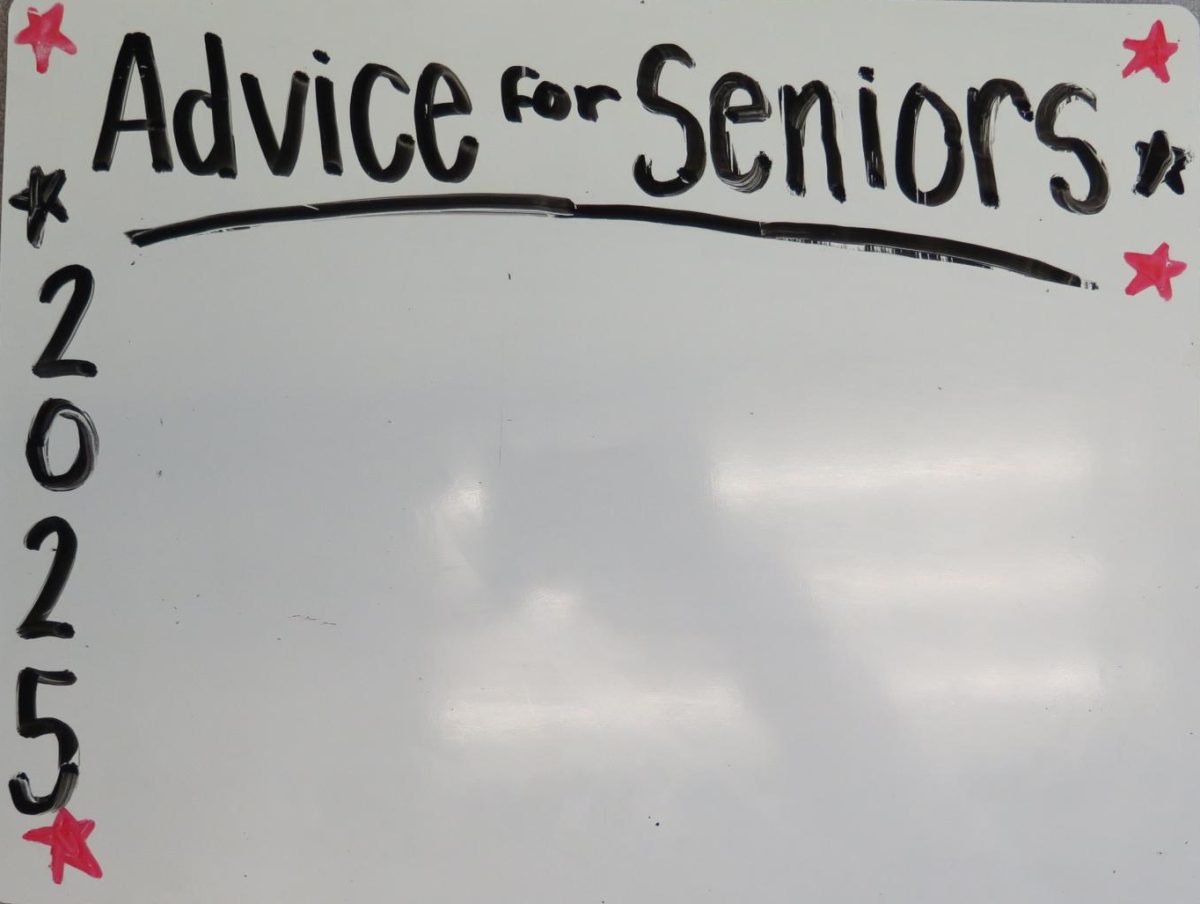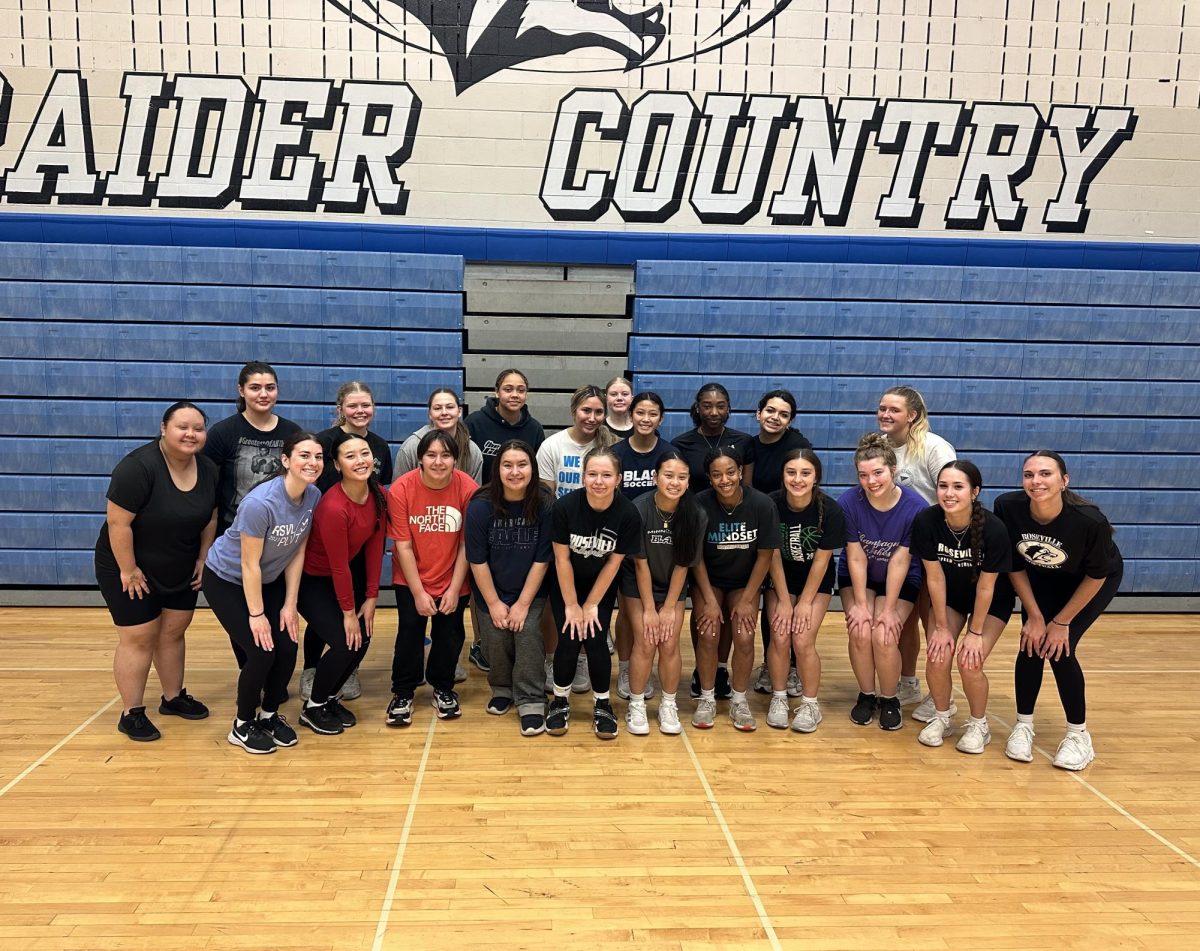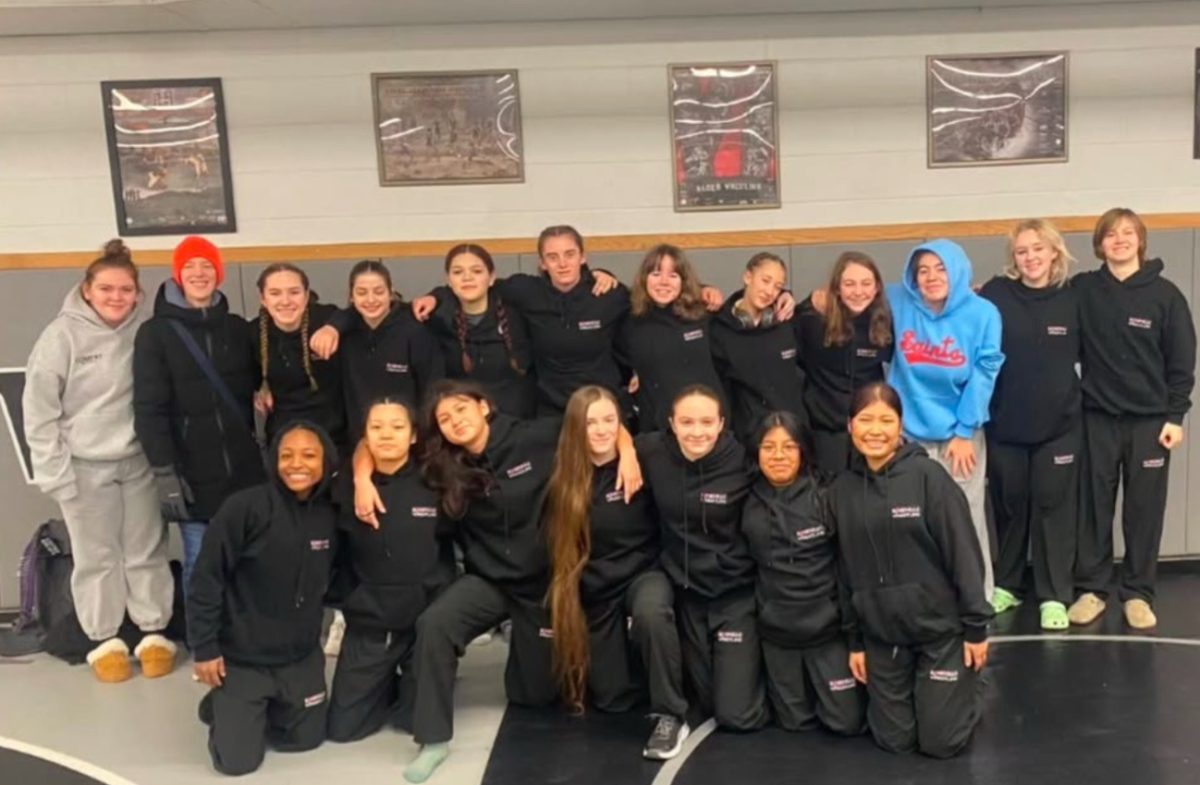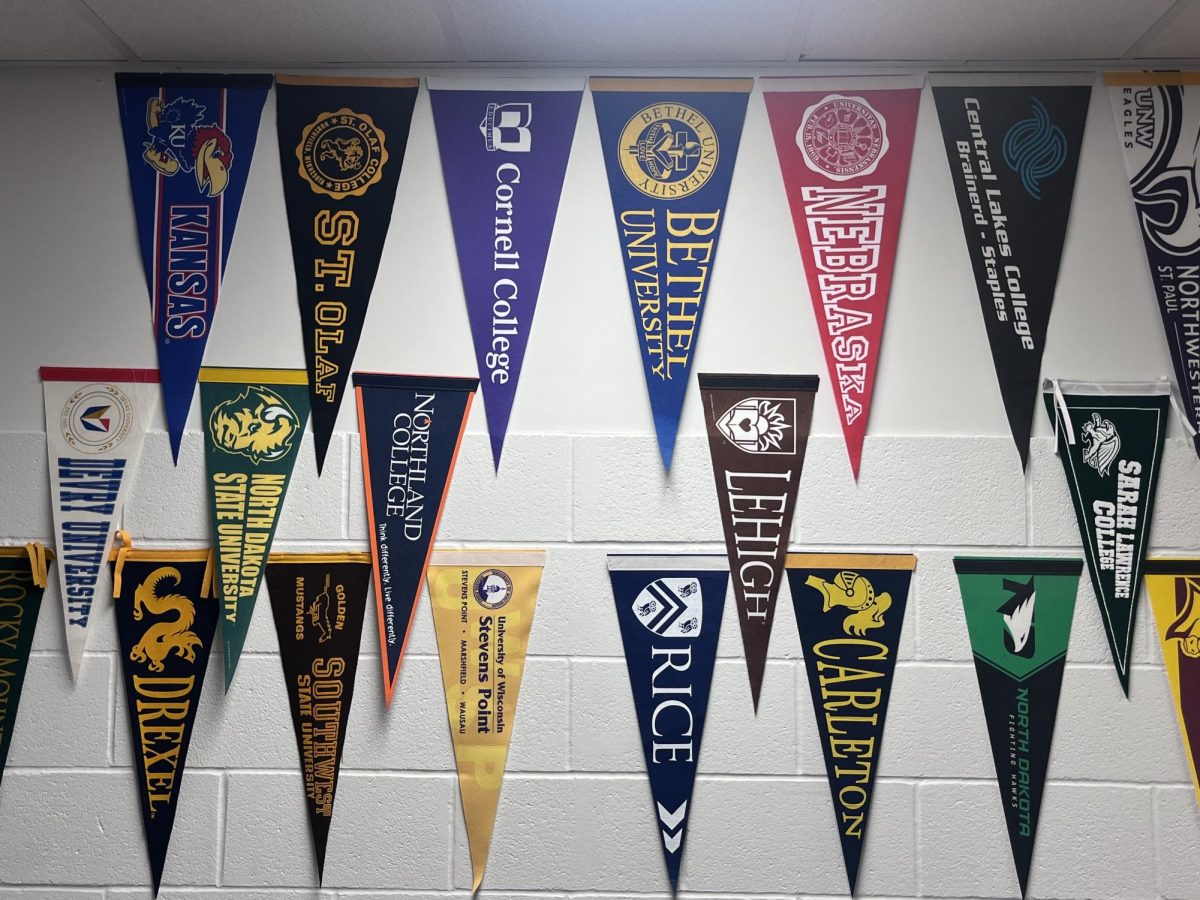The Issues of Respect Between Teachers and the Ninth Grade
June 4, 2019
Over and over again, the freshmen class has been told they are one of the most disrespectful group of students teachers have seen in years.
To figure out why there are issues of respect, a multitude of freshmen teachers, upperclassmen teachers, and freshmen themselves were interviewed, the responses were mixed.
Each teacher was asked the same three questions without informing them of what the actual article was about to avoid influencing their answers.
Question One: How long does it take for you to gain the attention of your students (on average)?
Both freshmen teachers responded with anywhere from one-two minutes while the upperclassmen teachers ranged from ten seconds to two minutes. The outlier was Ms. Buford stating that it “depends on the kid, they respond pretty well to me so a couple of minutes if they’re listening, but you know, there’s a pretty big difference between hearing and understanding. Most kids listen to me right away, but for some it can take days or months before they finally listen.”
While the time may not seem like there is a large difference, the freshmen teachers (Ms. Jansen, the AP Environmental Science teacher and Mr. Lane, the Pre-AP English 9 teacher), responded quickly when answering. Over a minute is a long time for students to respond, especially when it’s something as simple as not talking when the teacher is.
The upperclassmen teachers (Ms. Przepiora, an upperclassmen and English 10AB and Memoir teacher, Mr. Tinsley, an all grades Art teacher, and Mr. Sanders, the Economics teacher), took longer to respond, and seemed to hold no aggravation about the length of time it takes for their students to quiet down.
Question Two: How much respect do you believe your students give you (Scale of 1-10)?
Both freshmen teachers responded with six or seven out of ten while the upperclassmen teachers said nine or ten out of ten (as well as Buford). The data shows the obvious, teachers who largely teach sophomores, juniors, and seniors feel that their students have little to no issues with respect, while teachers who largely teach freshmen feel they receive more problems relating to issues of respect.
Question Three: Do you feel other teachers (be specific if necessary) are treated differently in terms of authority?
When this question was first posed, a common expectation was to see issues of sexism to be the main focus, however, the wide variety of responses was surprising. Some did respond how one may expect. For example, Lane said, “I believe that female teachers are given less respect because I often hear students talking disrespectfully about female teachers [that they are more strict]”.
However, Jansen informed a new perspective saying, “I feel a lot of the minority administration is treated with more respect by minority students, while those students tend to treat [caucasian] teachers differently, with less respect.”
Upperclassmen teachers responded saying that teachers have more authority with students based on experience (Przepiora) or personal connections with said students.
Sanders believed that “…[respect is] based on relationships, respect is earned and students reflect that based on how much respect a teacher might give a student. I do think that some male students simply don’t like female teachers and vice versa. However, I believe it’s more of a respect thing that shows how students treat teachers”.
Buford responded similarly saying, “…it may not be the teacher’s fault and students definitely have teachers that they prefer or teachers that they want to push until punishment is definite. It honestly depends”.
The only outlier was Tinsley who said that he believed that teachers were not treated differently at all in terms of authority.
Students’ Perspectives
Three freshmen students were also interviewed: Sam Stuart, Adam Wolf, and Makayla Lloyd. The questions that were asked also did not reveal the true intent of this article in order to avoid bias beforehand.
Question One: Who are your favorite teachers and why?
This question was designed to see what qualities made a teacher favorable, most teachers with the exception of one, were female. All freshmen responded saying that the traits their favorite teachers had were “making class fun, chill, and active” (Wolf and Stuart). They also said that their favorite teachers were kind, caring about their students, enjoyed teaching to the extent where it was quite obvious, effective, knowledgeable, and relatable.
These responses seem to later come into play during the third question.
Question Two: How much do you believe you talk in class? Why?
All three students said that they talked a fair amount in class, over half the time seemed to be the general response. While some of it was to ask questions or other school-related talking activities, most responded saying that it was for social reasons.
“[I] enjoy being sociable with friends, unless the teachers are more strict” said Lloyd.
The interviewees didn’t seem to care much about the overall American-societal rule of “no talking unless it’s beneficial to the class” in order to socialize with friends, not considering the repercussions of punishment for doing so.
Question Three: How much respect/authority do you think teachers deserve from students?
This question was by far the most important of the entire interview, almost directly giving the answers needed for this article.
Each student had the same mentality that people receive the same amount of respect as they give.
While some believe that respect depends on the teacher (and that they respected certain teachers more than others), the overall consensus was that respect is a two way street.
An important connection to be made is the fact that the teachers who are more “easy-going” in these students’ minds, show more respect to their class, and therefore, receive more of it.
When teachers are more strict or even disrespectful to students, it makes students see the teacher as unworthy of their respect. Even a teacher’s charisma or ability to gently control a class are factors that students will use to determine the level of respect that will give to said authority figure.
It seems that the freshmen class may have a stricter idea of who “deserves” respect in their eyes, while older generations still live under the mentality to “always respect elders”. While it is difficult to determine what is considered blatant disrespect versus a more carefree attitude towards teachers, the facts show that the ninth grade have been overall more troublesome than the other grades combined.
This may be because of a newer idea of respect in the younger generation, more strict teachers as time goes on, or a combination of both. Both teachers and the underclassmen struggle in finding a balance of how much respect they give and take towards each other, perhaps both ends of the spectrum need to compromise in order to gain the ideal academic performance from both parties.
The younger and older generations have different mindsets, expectations, and ideologies. The question is, should students stop questioning authorities completely and show constant respect towards teachers, or should teachers and even the students themselves dissect and constitute what respect means and where to draw the line of disobedience? How can students improve their behavior while maintaining their ability to challenge the millenia-old term of “respect”? What do teachers believe about this?
Perhaps, the issues of respect for the ninth grade class could be solved if more staff and students considered how much and who they gave their respect to, particularly if it affects a student’s education or a staff member’s ability to teach.

























